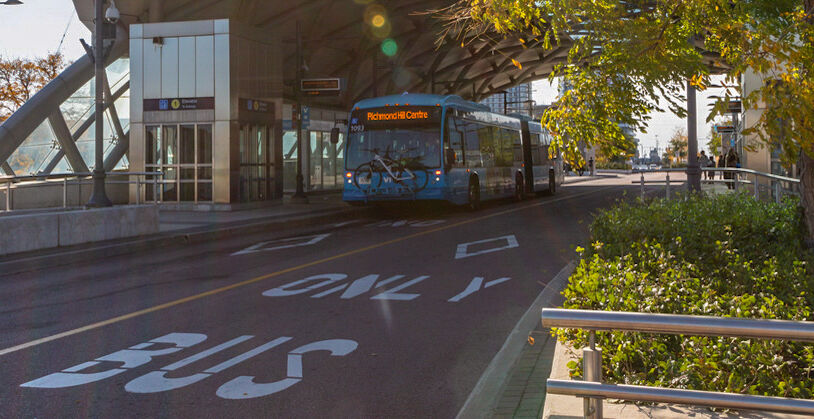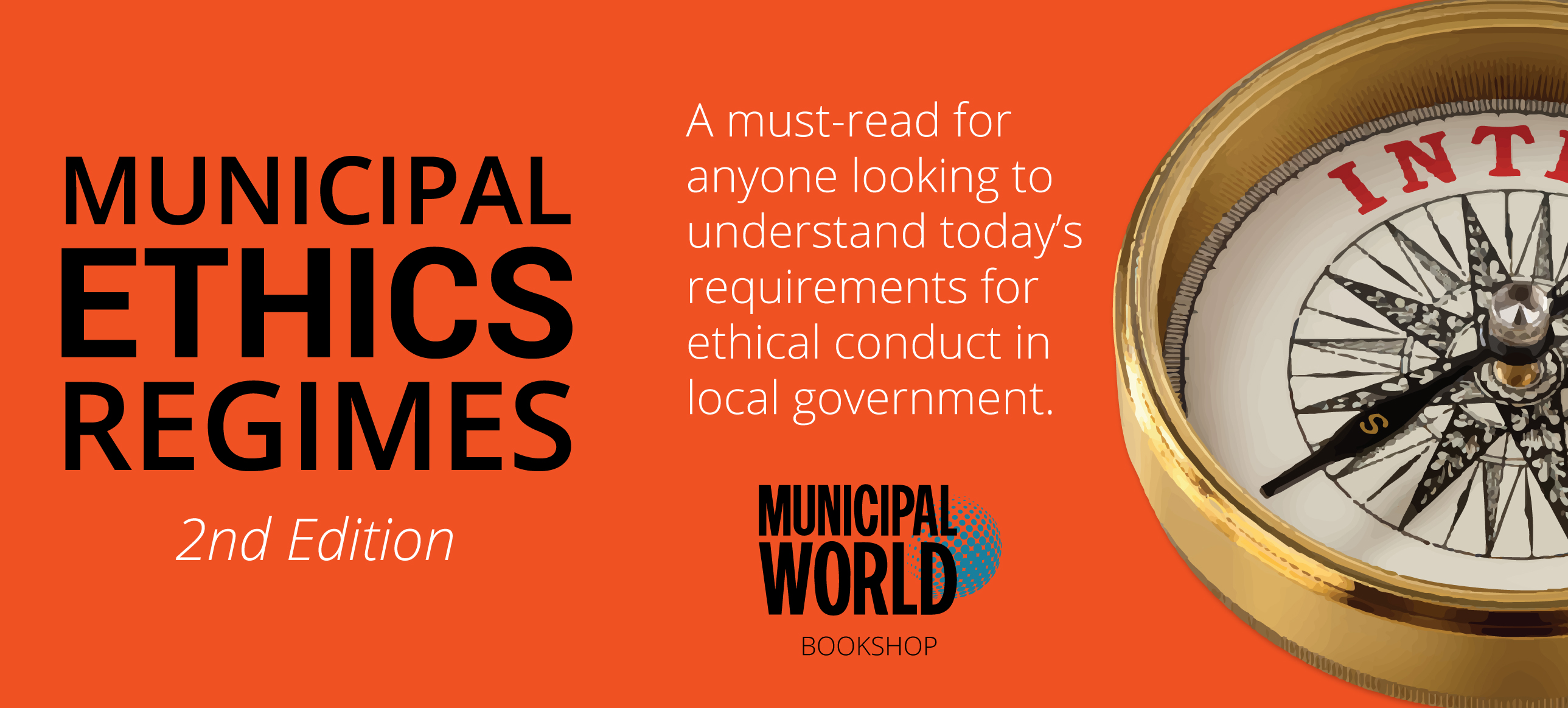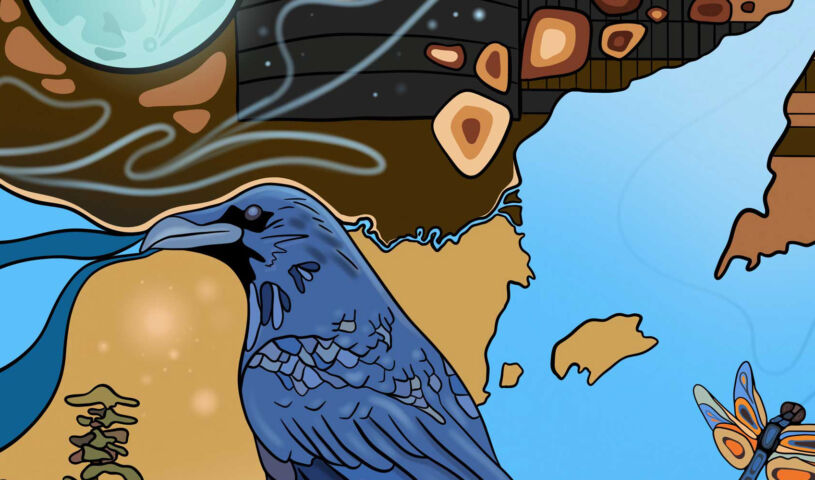Regional Municipality of York: Municipal World’s Innovation Award 2024
 This year, the Regional Municipality of York won Municipal World’s Innovation Award for its automated transit facility inspection program. Photo: York Region Transit Facebook
This year, the Regional Municipality of York won Municipal World’s Innovation Award for its automated transit facility inspection program. Photo: York Region Transit Facebook
Local Government Awards
This year, the Regional Municipality of York won Municipal World’s Innovation Award for its automated transit facility inspection program.
In May 2023, York Regional Transit (YRT) launched the York Region Automated Transit Facility Inspection Program. The program uses AI app CITYROVER and smart camera technology to inspect bus stops for issues like potholes, damaged shelters, and overflowing garbage bins.
Initially used for pothole detection, the AI cameras were installed on eight YRT buses to monitor bus stops. The cameras capture images and scan for deficiencies, with data processed in real-time to generate actionable reports. Privacy is maintained by blurring personal information.
Driving Transit Efficiency
The Regional Municipality of York, part of the Greater Toronto and Hamilton Area (GTHA), includes nine local cities and towns, serving over 1.25 million residents and 55,600 businesses.
York Region Transit (YRT) manages public transit across the region, covering 1,700 square kilometres and serving about 80,000 daily commuters. YRT connects with GO Transit and the Toronto Transit Commission (TTC) for seamless travel across the GTHA.
YRT’s fleet of over 500 buses inspects about 50 per cent of more than 6,000 bus stops monthly with just eight cameras. This program reduces annual inspection costs by approximately $740,000 compared to traditional methods. The data collected helps customer service staff respond more effectively to issues, enhancing efficiency and service quality.
“AI technology use for asset management improves data accuracy and reliability, leading to better decision making and maintenance strategies,” said Rajeev Roy, director of York’s Public Works Digital and Process Transformation. “AI-powered cameras can detect issues missed during manual inspections, allowing YRT to address problems early and reduce service disruptions. This innovative approach enhances transit facility maintenance, service quality, passenger safety, and the overall customer experience.”
YRT’s approach includes launching the program as a pilot on a smaller number of vehicles, allowing staff to learn and integrate the new system without disrupting service. Detailed project plans and staff training have been crucial to the pilot’s success. The AI equipment has been tested in various locations to ensure safety and privacy.
Staff added that the AI-driven inspections support YRT’s climate change action goal of becoming greenhouse gas (GHG) emission-free by 2050, as part of York Region’s Climate Change Action Plan.
“By reducing manual inspections and vehicle use, the program lowers the carbon footprint of transit operations, aligning with broader environmental objectives and sustainability commitments,” Roy said.
Transformative AI Program
As the AI pilot program expands, potential applications include security and surveillance, traffic management, and traveller analytics. AI cameras could enhance security by detecting unusual activities, monitor traffic flow, and analyze travel patterns to optimize routes and improve service.
“The success of the Automated Transit Facility Inspection Program demonstrates the transformative potential of AI in public transit operations,” said Roy. “YRT is enhancing asset inspection efficiency, improving service quality, and achieving cost savings, setting a benchmark for other transit systems.”
YRT’s innovative approach has earned six awards, including the Smart Cities Connect – Smart 20 Award and the Canadian Urban Transit Association – Innovation Award. With continued support from York Regional Council, YRT aims to expand the pilot program, gather more data, and find new ways to manage assets and deliver excellent customer service. MW
✯ Municipal World Executive and Essentials Plus Members: You might also be interested in Janice Otremba’s article: AI revolution blending tech with human insight.
Ibrahim Daair is staff writer at Municipal World.
Related resource materials:



